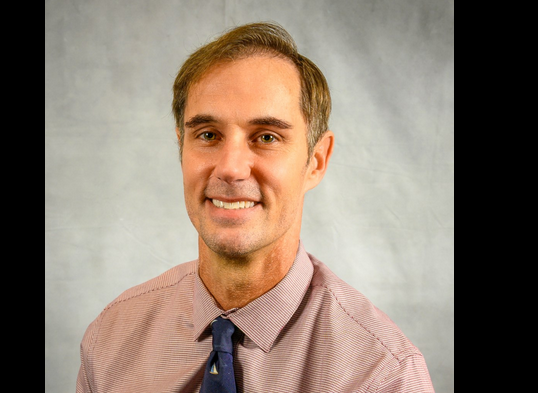
Dr Kent Reifschneider: Do Thirst And Urination Imply Endocrine Disorders In Children?
Dr Kent Reifschneider: When Hydration Signals Go Awry in Children’s Endocrine Health
The sight of a child constantly reaching for a water bottle might spark thoughts of healthy hydration habits. However, when accompanied by frequent trips to the restroom, this warrants a deeper investigation. For Dr Kent Reifschneider, understanding the delicate balance of the body’s fluid management system illuminates the importance of recognizing when these signals veer off course.
The Balancing Act of Hydration
Maintaining hydration is a complex balancing act governed by the endocrine system, particularly the hormones that regulate fluid balance. Recognizing the variance in water intake and urination frequency that constitutes the spectrum of normalcy is crucial. Deviations from these expected patterns, especially when persistent, merit attention.
The Red Flags of Diabetes Mellitus
One of the hallmark symptoms of diabetes mellitus, type 1 notably, in children is the duo of excessive thirst and frequent urination. These symptoms manifest as the body’s attempt to expel excess glucose through urination, a process that, in turn, intensifies the need for fluid intake to counteract dehydration.
Diabetes Insipidus: A Less Common Culprit
While less prevalent, diabetes insipidus is another condition that disrupts normal fluid regulation, Dr Kent Reifschneider leading to profound thirst and voluminous urination. This disorder stems from an imbalance in antidiuretic hormone production or function, underscoring the broader spectrum of endocrine implications tied to these symptoms.
Charting the Course to Resolution
Lastly, prompt medical consultation becomes essential when symptoms like polydipsia and polyuria present. Pediatric specialists can unravel the underlying causes through a series of diagnostic tests, ranging from blood glucose levels to hormone analysis.
Upon diagnosis, managing the root cause becomes paramount, with treatments varying from hormone replacement therapy to lifestyle and dietary adjustments. Each strategy is customized, targeting the stabilization of the child’s internal hydration cues and overall well-being. Checking these symptoms with Dr Kent Reifschneider proactive medical guidance ensures pathways to treatment and care are promptly established, safeguarding the intricate balance of children’s health and development.